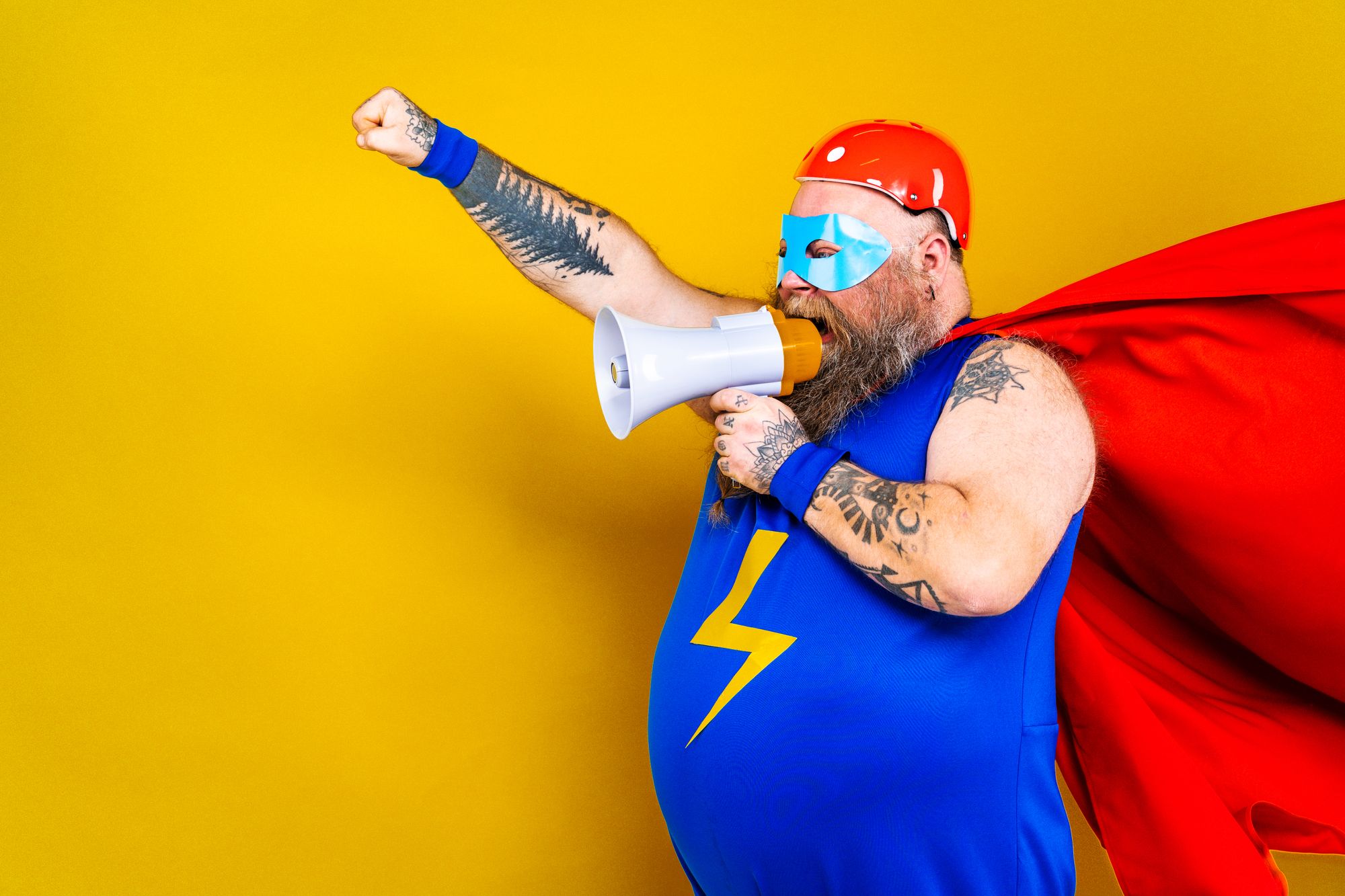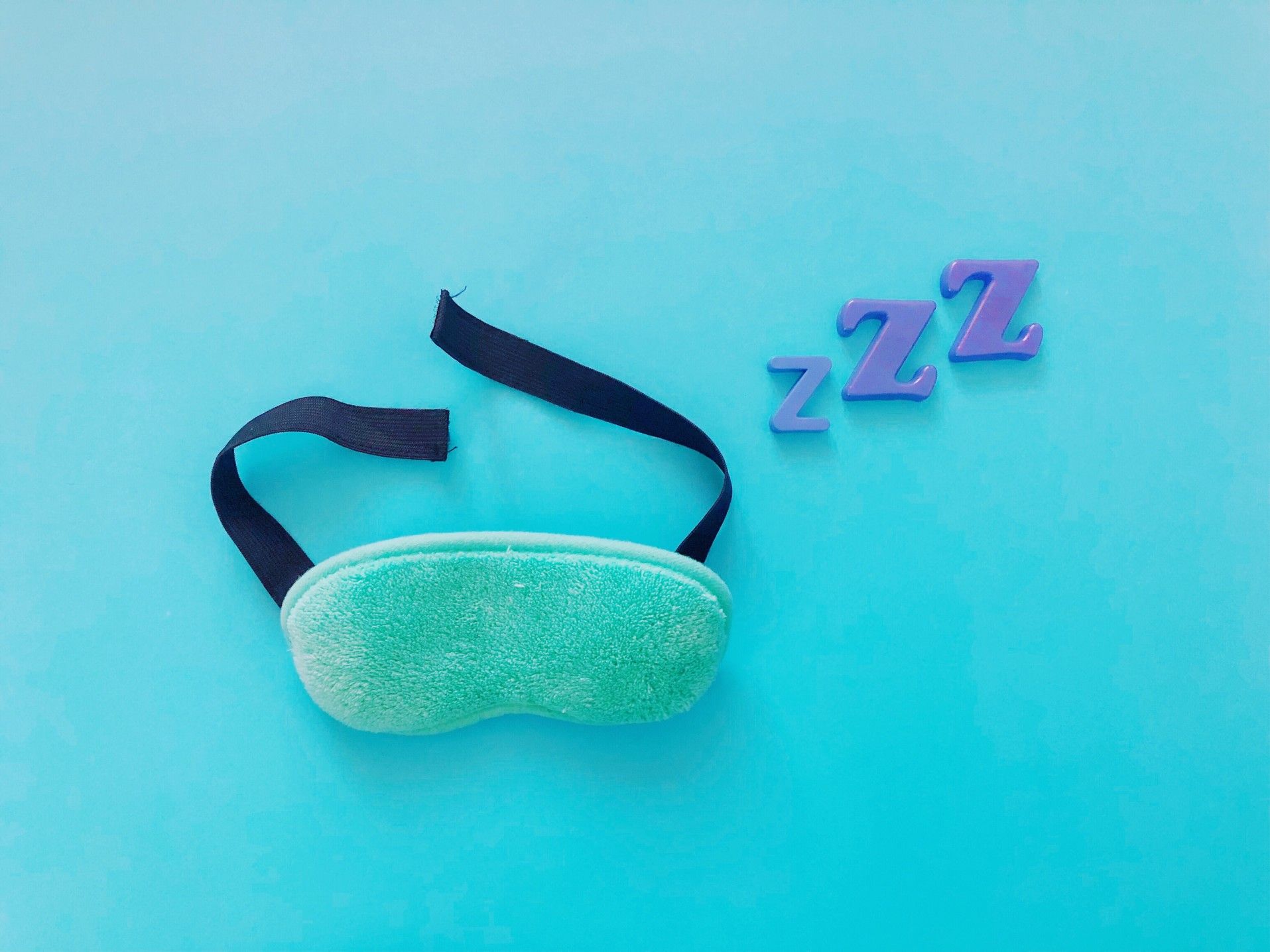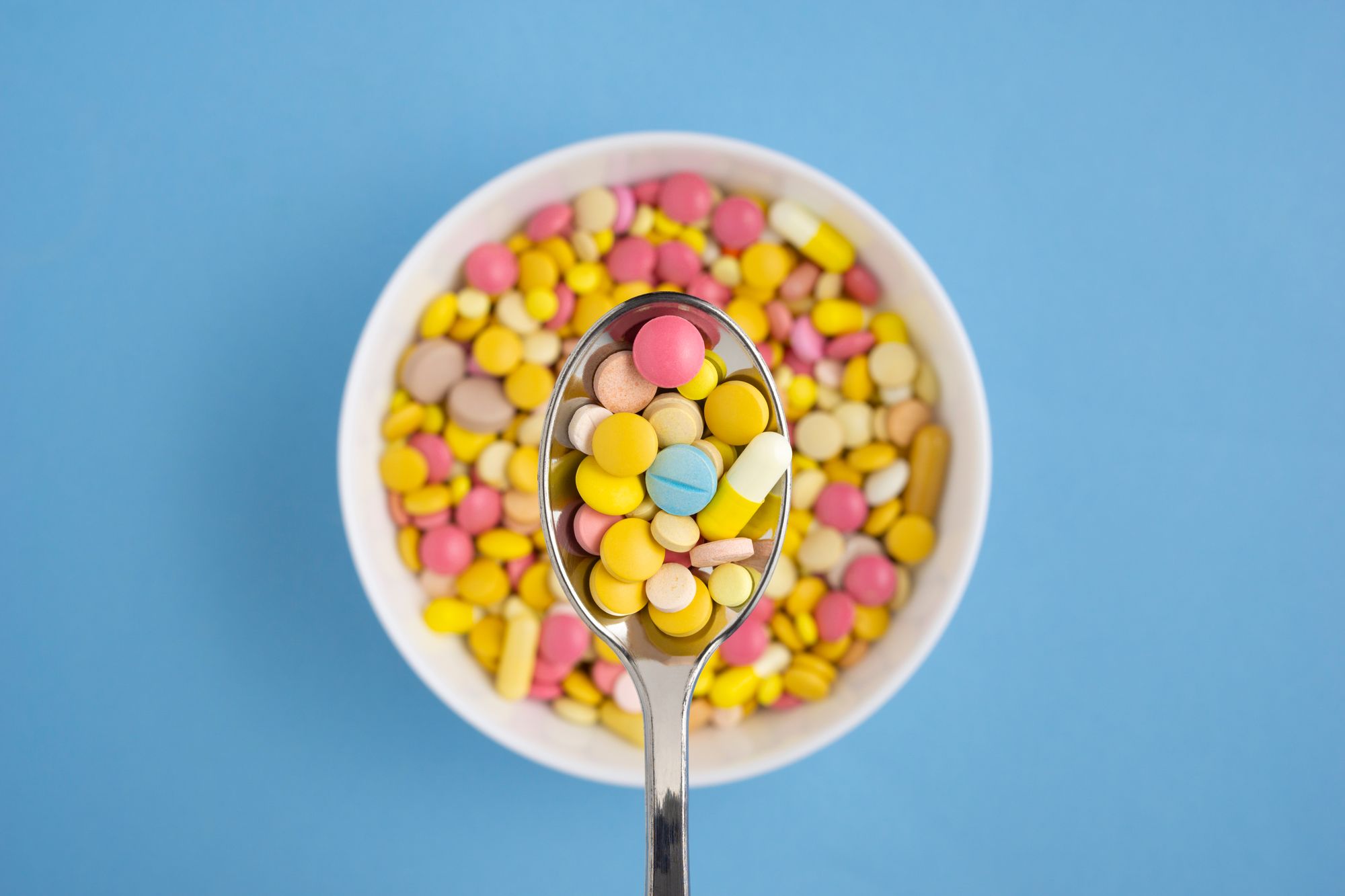Weight Loss Fatigue Is Real: 5 Hacks to Combat Low Energy in a Calorie Deficit
No, it's not in your head. Weight loss fatigue is real. But you can fight back; here are 5 tips to implement so your weight continues dropping.

You’re 5 weeks into a calorie deficit.
Those jeans fit better, your cheekbones seem like they're (finally) coming out of hiding, and the numbers on the scale might have even started to come down a little.
Everything's going swimmingly well … except you're so tired all. the. time.
Sure, at this point, you're still sticking to your exercise routine. But deep down, you're fully aware that there will come the point where the fatigue overwhelms you — and you won't want to do anything at all (Gym? Pfft. Post-meal 3-mile walk? Yeah, not happening.)
Is that a problem? A 100% yes.
If you stop moving, you’ll have to cut down on your food consumption to maintain the calorie deficit needed to lose weight. But there’s only so little you can eat. 🤷
So, how can you prevent that eventuality? (Or is it, *ahem* inevitable?)
Well, good news: there are 5 things you could do to combat weight loss fatigue.
Does losing weight make you tired?
First, though, let’s address one of The Most Asked questions on the topic of weight loss and fatigue:
Is weight loss fatigue real?
Or is it just a made-up phenomenon by “lazy”, “undisciplined”, and “weak” individuals looking for a way out of losing weight?
For all the non-believers out there, research makes it clear that weight loss fatigue is a real phenomenon — and that:
- It’s not a character flaw, but
- The human body’s natural physiological adaption to oppose further weight loss by becoming more frugal with how it spends its energy (note: a large part of it comes down to a reduction of your non-exercise activity thermogenesis, or NEAT levels)
You can say no to weight loss fatigue
That said, just because weight loss fatigue is real doesn't mean you cannot do anything about it.
Here are 5 things you could start doing to ensure you keep showing up to your workouts (and give your best every time).
#1: Try calorie cycling
Who said you needed to eat the same number of calories daily?
Let's say your target calorie intake is 2,000 calories, and you go to the gym on Mondays, Wednesdays, and Fridays. One way you could distribute your calories over the week to combat weight loss fatigue is this:
- Mondays, Wednesdays, and Fridays: 2,500 calories daily
- Rest of the week: 1,625 calories daily
You could even get even more granular with this approach if you wish. For example, Mondays and Fridays are your heavy compound lifts. You could "give up" some of those extra calories from Wednesdays to compensate!
Honestly, though, there are endless possibilities for how you can distribute your weekly calories.
So, go experiment and see what works best for you.
Also, note that this approach could work for you even if you're not interested in counting calories. Just having a general sense of how much you typically eat over a week, then:
- Eating a little more on workout days,
- And eating a little less on rest days
... could work just as well.
#2: Plan your meals around your workouts
OK, so let's say you plan to eat a set number of calories or food in a day.
To combat weight loss fatigue from stopping you from putting on your lifting shoes and heading to the gym, you could plan your meals around your workout. For example, let’s say you typically work out at 7 pm.
One thing you could do is "pre-load" your carb/calorie intake right before that period. I.e., Eat a little less for breakfast and lunch but a little more to prepare for your workout.
#3: Choose the right time for your workouts
OK, so weight loss fatigue is already making working out super challenging.
Why make your life more difficult by choosing a workout time that doesn't work for you?
To illustrate: if your job is exhausting — because you deal with stupid situations and, sometimes (Most of the time? Always? *side eye*), individuals — then try not to schedule your workout session after work. You could:
- Do it in the morning, or
- During your lunch break, when your “BS bottle” isn’t one drop away from exploding
#4: Prioritize sleep
Once again, don't make life more difficult for yourself than it is by skimping on sleep.
Beyond simply boosting your energy and, in turn, combatting weight loss fatigue, getting enough high-quality sleep nightly — FYI, this is anywhere between 7 to 9 hours — can also enhance your performance in the gym.
And that likely means an increase in your training volume, which would help with muscle mass gains, which would then help with an increase in resting metabolism in the long term.
A great, great thing if you’re trying to lose weight.
Also, to further emphasize the importance of adequate sleep, let’s look at this 2010 randomized controlled trial published in the Annals of Internal Medicine.
The researchers randomly assigned participants into 2 calorie-restriction-equated groups:
- The insufficient sleep group: 5.5 hours per night
- The well-slept group: 8.5 hours per night
Guess what the researchers found after 14 days? Both groups lost similar amounts of weight … but the well-slept group lost:
• 1.6 times less muscle, and
• 2.3 times more fat
… than the sleep-restricted group.
Which would you like to lose more of: fat or muscle? Uh, yeah, same. So, feel free to check out this article on how you could improve your sleep:

#5: Boost energy with caffeine
We’re pretty sure you’re already familiar with the wonderful pick-me-up benefits of caffeine, so we’ll keep it short.
Get caffeine in your system before a workout for a quick jolt of energy. Sweeter still, it won’t just make your weight loss fatigue pull a disappearing act. Research also consistently shows it'll enhance various performance outcomes, from strength to power to endurance.
Which is sadly something we cannot say for these supplements:

Oh, and if you’re wondering if caffeine plays nice with creatine? This article might help:

Just knowing that weight loss fatigue is real can help a ton
Ultimately, weight loss fatigue is real.
And just knowing that — and that you can take steps to combat it — puts you ahead of the game of so many others.
That said, you should keep an eye on how you’re coping with your workout sessions. If you’re struggling (like, massively), it could mean you’re taking a far too aggressive approach with your calorie deficit.
But how can you tell if that’s the case for you?
Well, we have just the tool for you: the GymStreak app. You can track all your workout sessions (exercise, reps, sets, everything) and easily see how you’re doing at a glance.
Psst: that's just the tip of the iceberg when it comes to its list of features (but we'll leave the exploring and discovering to you ✨).
Workout Programming + Nutrition Tracking, Off Your Hands
*sigh of relief* We'll guide you through it all — step-by-step. Just download the app, and you'll be making progress toward your dream body like never before.
References
Grgic, J., Grgic, I., Pickering, C., Schoenfeld, B. J., Bishop, D. J., & Pedisic, Z. (2020). Wake up and smell the coffee: Caffeine supplementation and exercise performance-an umbrella review of 21 published meta-analyses. British Journal of Sports Medicine, 54(11), 681–688. https://doi.org/10.1136/bjsports-2018-100278
Nedeltcheva, A. V., Kilkus, J. M., Imperial, J., Schoeller, D. A., & Penev, P. D. (2010). Insufficient sleep undermines dietary efforts to reduce adiposity. Annals of Internal Medicine, 153(7), 435–441. https://doi.org/10.7326/0003-4819-153-7-201010050-00006
Rosenbaum, M., & Leibel, R. L. (2010). Adaptive thermogenesis in humans. International Journal of Obesity (2005), 34 Suppl 1(0 1), S47-55. https://doi.org/10.1038/ijo.2010.184
Trexler, E. T., Smith-Ryan, A. E., & Norton, L. E. (2014). Metabolic adaptation to weight loss: Implications for the athlete. Journal of the International Society of Sports Nutrition, 11(1), 7. https://doi.org/10.1186/1550-2783-11-7


